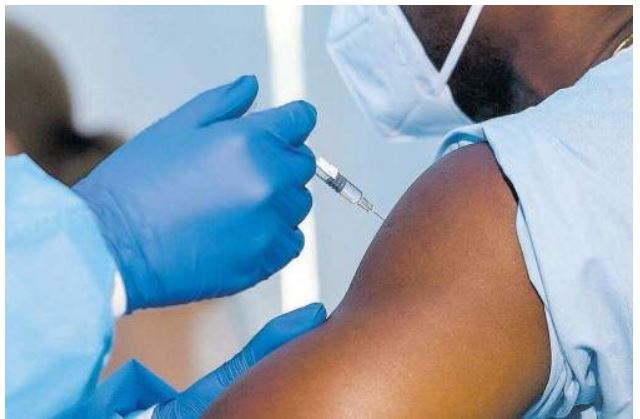Summary
- Rapid response electronic survey done by University of the West Indies.
- The survey was conducted between March 21 and 30.
- Workers under 35 least likely to adhere to measures to halt spread of COVID-19
Researchers have cautioned that workers under 35 years old are least likely to adhere to measures proposed to halt the spread of COVID-19. In addition, they say the disease’s impact on Barbadian workers should be a major consideration in the nation’s response to the ongoing pandemic.
These findings were among the preliminary discoveries coming out of the first phase of a rapid response electronic survey by a University of the West Indies, Cave Hill Campus research team.
The survey, which was conducted between March 21 and 30, was designed to explore the psychological and behavioural effects that the virus is having on workers in Barbados.
The research which was spearheaded by lecturer in Psychology, Dr. Mia Amour Jules, has revealed a number of key preliminary findings that can give initial insight into the experiences of workers. Other members of the research team include Professor Donna-Maria Maynard from the Faculty of Humanities and Education and Dr. Michael Campbell and Dr. Maisha Emmanuel from the Faculty of Medical Sciences.
Among some 300 employees (19% male and 80% female) surveyed, the findings indicate that workers were more likely to engage in protective behaviours when they believed that they were sufficiently equipped to practice such behaviours and felt that they were part of a wider community or group where such behaviours were expected of them.
Shared practices
For example, workers who were afforded hand sanitisers or soaps, and given adequate work space to be in safe distance from others were more likely to practice protective behaviours such as frequent hand-washing and physical distancing to curb the spread of COVID-19 among themselves. Similar practices are also likely if workers are part of a wider community that practices such behaviours.
Of the employees surveyed, older workers (36-65) were more likely to engage in protective behaviours against COVID-19 than their younger counterparts (18-35).
Researchers expressed concerned at this particular finding, stating, “persons of all ages should be engaging in protective behaviours to the same degree, given that anyone (regardless of age) can spread COVID-19.”
However, the key factor that defines the extent to which employees perceived COVID-19 as a threat was the number of dependents the worker has, including children or elderly persons or both.
Fear of work place transmission
Many workers expressed “fears of catching COVID-19” from people they interact with and “passing it [COVID-19] onto their families”.
According to the psychological survey, the respondents’ perceived threat from COVID-19 was associated with difficulty in completing work-related tasks, taking care of things at home, and getting along with other people.
The survey also addressed the anxiety levels of the workers, noting that as the amount of time spent watching news reports about COVID-19 increased, there was a corresponding increase in feelings of anxiety and loneliness among workers.
Furthermore, workers who used social media as their most preferred news source tend to be significantly more anxious than others.
The survey found that 18-35 year olds, or 38 per cent of respondents, used social media as their preferred news source; while workers in the 36-65 age group (some 40 per cent) preferred television.
This finding drew a caution from researchers who warned that while social media platforms provide constant streams of information about COVID-19, they can also be used to spread incorrect and even harmful information.
Hence, not only should people be wary of information obtained through social media, but it is also recommended that persons schedule specific times to watch or read news, perhaps two or three times daily.
Women more anxious
The survey also notes that in general the level of anxiety tends to be higher in women as this group may be more vigilant in engaging in the necessary protective behaviours in an effort to protect the wellbeing of people in their care.
According to Dr. Jules, these findings can be used to inform policy makers on the best ways to address workers concerns in the national response and recovery.




